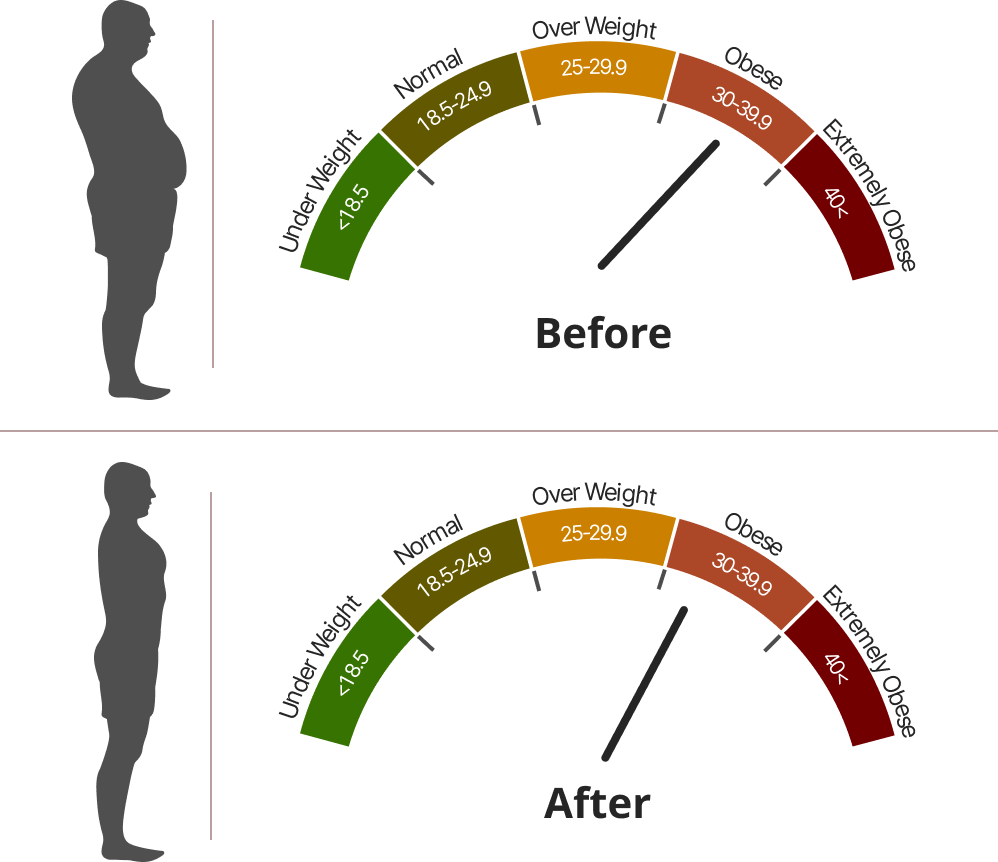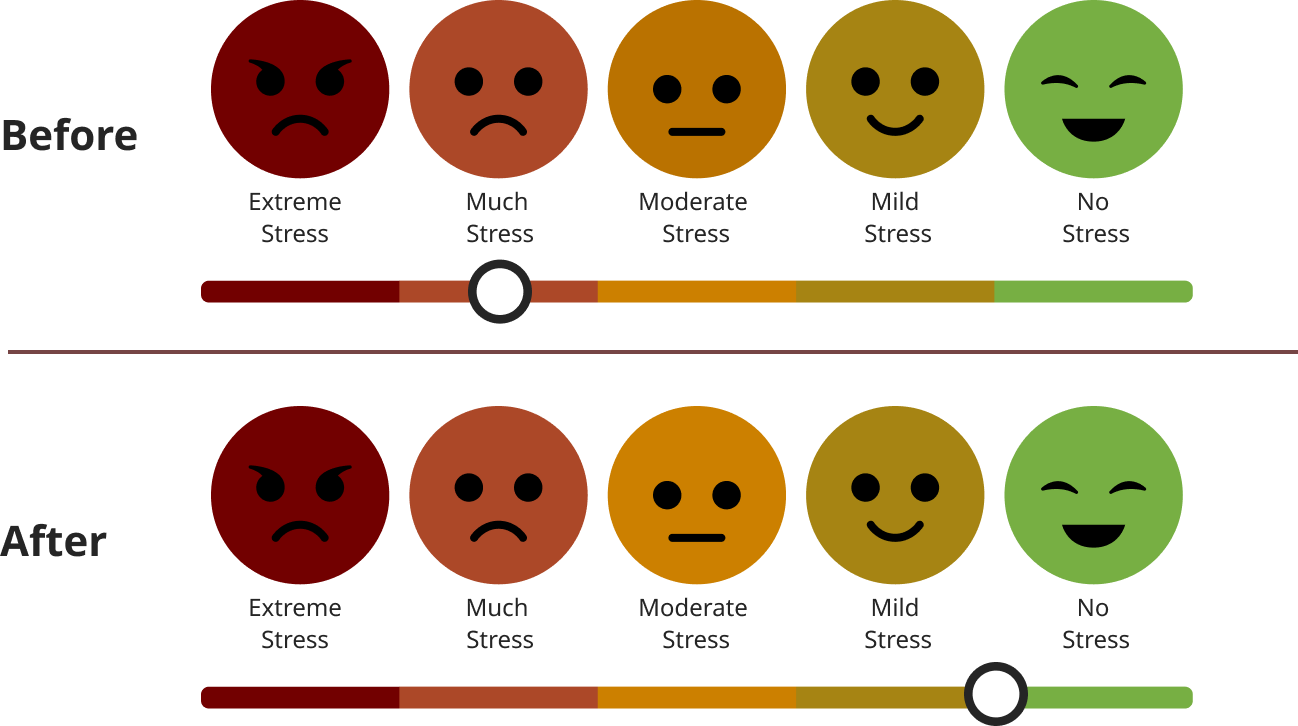Take Control of Your Health: START YOUR SELF-ASSESSMENT


I've experienced significant improvements. Not only has my erectile function improved remarkably, but I've also achieved a healthier body structure together with weight loss and better lifestyle habits. The constant support from their care team, including doctors,nutritionists, sex counselors and health coaches has truly transformed my life for the better.


Mr. B.T. was a 47-year-old married male who presented with concerns about lowered or negligible libido that had been affecting his self-confidence and married life for the past six months. After enrolling in the Nirvasa LL care program, there was significant improvement in self-reported sexual desire and levels of testosterone. After self-testing of testosterone levels, it was found that his levels were 220 ng/dL, which is significantly low. At the end of the program, his levels showed a marked improvement and stood at 300 ng/dL. He had reported a BMI of 35 (severe obesity) that had gradually shown improvement by decreasing to 32 (obese) at the end of the program.
His medical and allied history revealed that he was suffering from long term depression, relationship problems, low sexual energy, loss of erectile functioning and recreational drug use tendencies worsened by performance anxiety. He reported zero physical activity due to his underlying obesity.
Nirvasa's care team advised him to undertake a comprehensive treatment plan aimed at addressing his ailment. The patient had access to a 24/7 staff of doctors, health coaches, nutritionists, and sex therapists. The doctor who handled his condition provided him Ayurvedic remedies and nutraceutical supplements. Following a nutritionist consultation, he received a specific food plan to help him control his weight, lifestyle choices, and testosterone levels. The diet plan advocated the ingestion of foods that assist enhance testosterone levels. Lifestyle changes were also advised, including a progressive reduction in alcohol consumption. He was encouraged to increase his physical activity significantly. Health coaches were also responsible for reassuring the patient to engage in daily activities through guided tutorials and live webinars. Throughout the course of this program, anytime BT encountered a challenge or was unable to adhere to the guided regimens, cognitive behavioral sessions were organized to address the patients' mental health and emotion management.
After just three months of adhering to the treatment regimen, BT demonstrated significant improvement, with his testosterone levels increasing gradually up to 300 ng/dL, indicating a reduction in low libido symptoms and an improvement in his self-reported sexual satisfaction and relationship quality. Due to a strict adherence to diet and lifestyle modifications, he reported improvement in his health parameters as well.